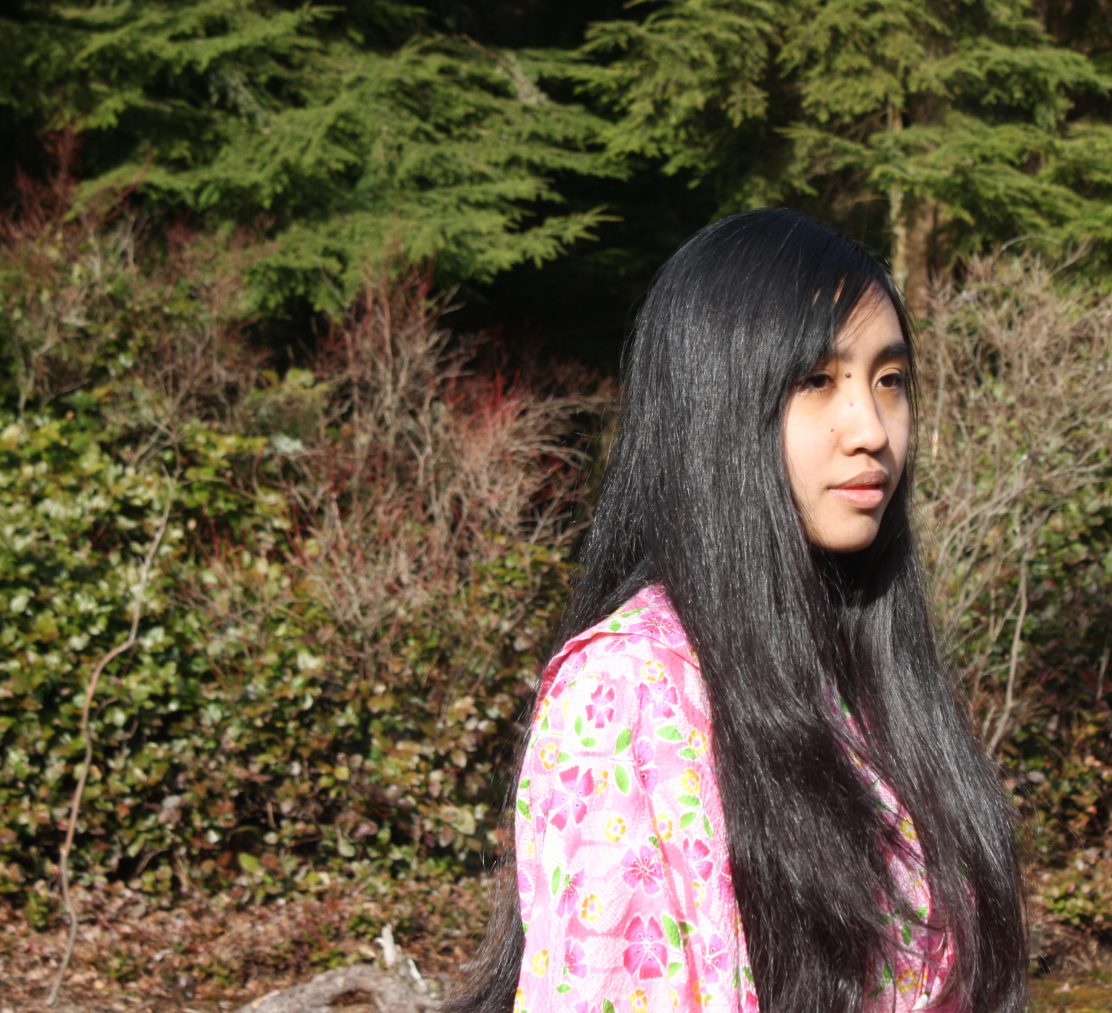I just came out of an event celebrating Filipina women in leadership across the world, organized by the Filipina Women’s Network and held at the Philippine Consulate General in downtown Vancouver. At the event, I was surprised to find a friend from university there representing her aunt, and a few other familiar faces from the Filipino community. I flexed my networking muscles here and there as well.
Overall, the event was very inspiring, and it was powerful seeing the recognition as well as occupation of space that the Filipina women took, in the speeches and book readings that they did, and the stories that they told of their lives and working jobs. A thought that I had written a few weeks ago came to me when doing my reflection, which was this: I’ve realized recently that one meaning of assimilation was this – making myself, as a woman and person of colour, palatable to white people, who view themselves as the dominant community in North America and the West. I realized that I did not want to make myself palatable to them – I wanted to be hard to swallow. They would accept me in all my Filipinoness and brown skin, and absolutely nothing less. At this event, I found that the underlying message of the FWN was exactly this sentiment.
In reflecting on this event, I want to note two particular things about it:
1. the emphasis on Filipina with an ‘a’
2. Diasporic stories and representation
First, on the usage of Filipina: notice how the FWN’s full name is Filipina Women’s Network – not Filipino, but Filipina. During the opening remarks, the founder of the organization noted that this was intentional – perhaps a little redundant, given Filipina already referred to Filipino women, but its usage was meant to be transformative and symbolic. In terms of being transformative, FWN wanted to redefine and create a new image of the Filipina. In their opening remarks, they noted how Filipina used to be defined in English dictionaries as ‘maid,’ and how google search results of the word would bring up links of mail order brides, women for sale, and pornography. Knowing how this was both a racist image of the Filipina, as well as heavy stereotyping of women from the Philippines, they wanted to change it, and rightly so. They wanted to emphasize Filipina women in leadership, and also encourage fledging Filipina leaders to take their places in various industries, and reach their fullest potential.
Second, on diasporic stories and representation – I could go on and on about how amazing and powerful the stories of these women are, but for now I will mention this: how powerful their choice is to represent, through their stories, the experiences of Filipina women in the diasporia. For myself, seeing celebrated Filipina women in the sectors I wanted to enter, namely diplomacy and trade, was absolutely amazing, because they essentially represented the possibility for me to have positions similar to theirs. I have no doubt that these Filipinas had the same effect for other young women in the room, and not just in terms of going into work sectors that they had ambitions in, but also in their representation and thus recognition of the hardships Filipinas go through, with racism, sexism (even within Filipino communities), and doubt in their potential. The physical occupation of space that these women took through this event was powerful in this way – they were possibility and representation personified.
(Of course, in saying this, I don’t want to raise these women on a pedestal as if to say no one can reach them. I also don’t want to make them seem only as symbols, because they are people as well, and while their presence is powerful, they also lead everyday lives.)
It was simply amazing being in the same room with all these amazing women. I honestly got chills and fangirled when the current Filipina ambassador to Canada (the first woman in this position and a very smart person) said she wanted to speak with me.
#DisruptFilipinaWomen !
May FWN continue to disrupt and transform the image of the Filipina in the years to come for their organization.
– Phebe Manaog

